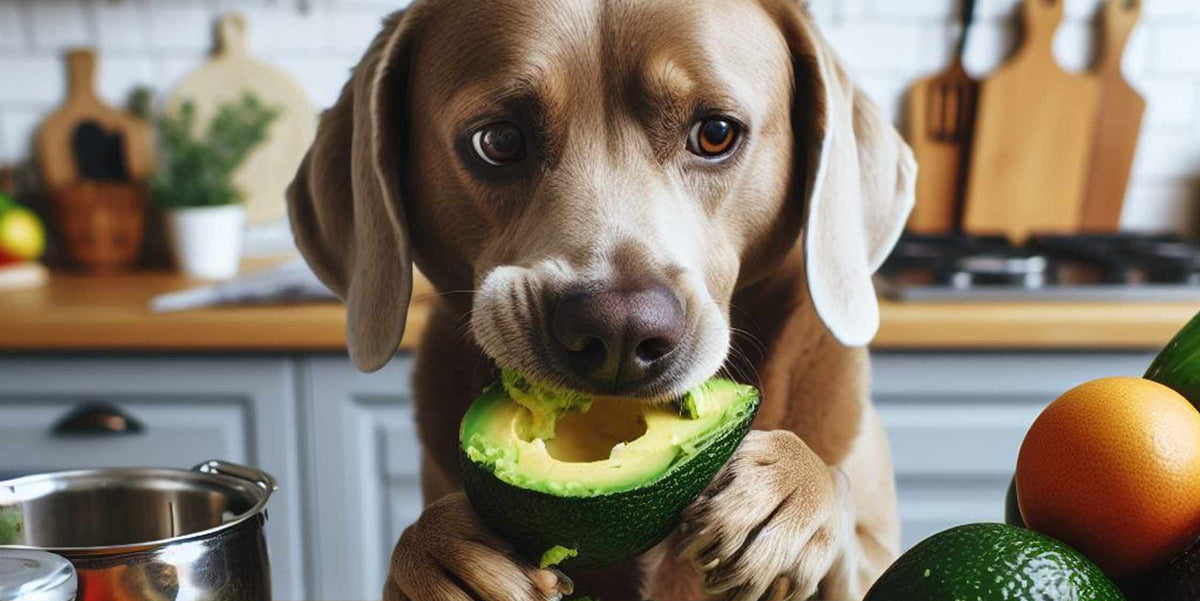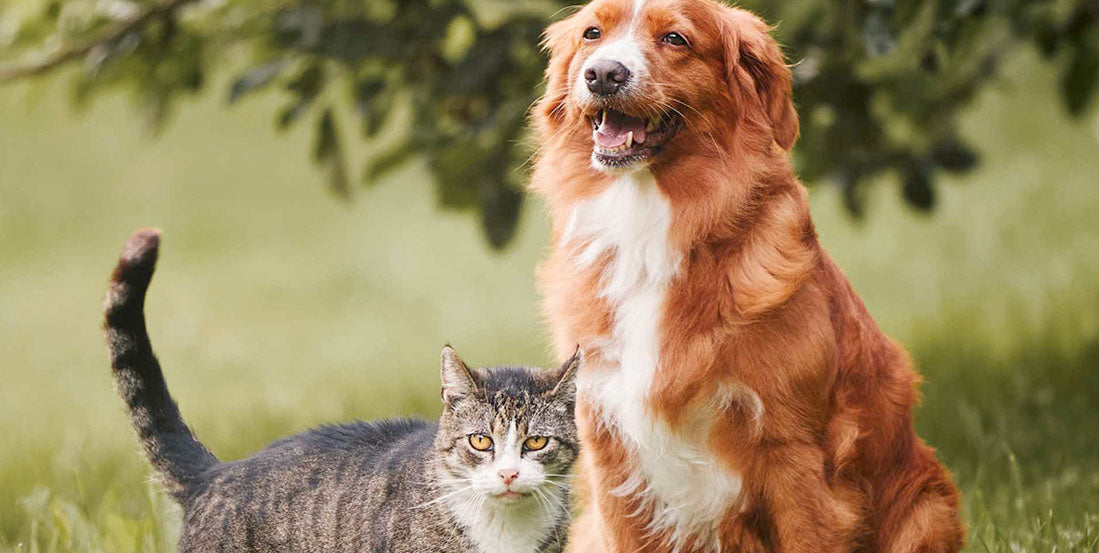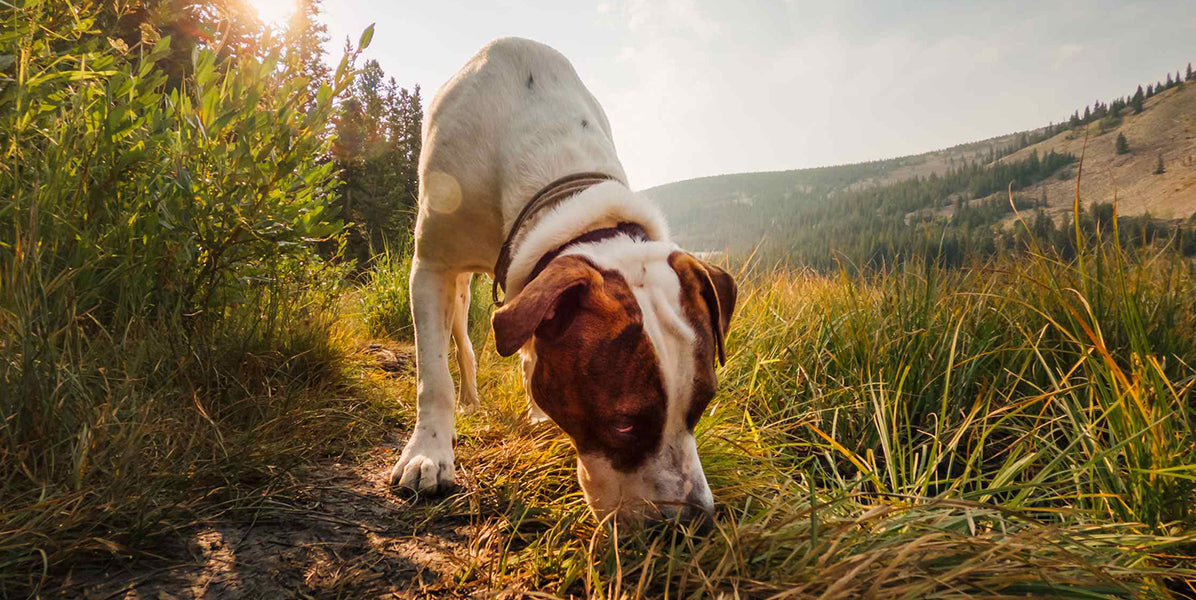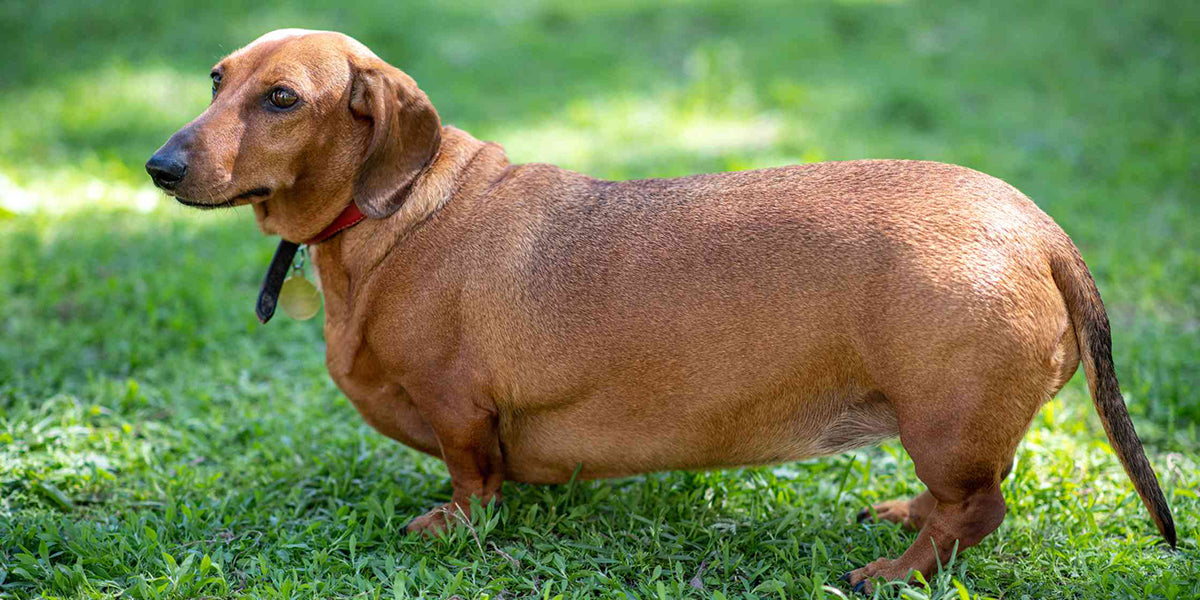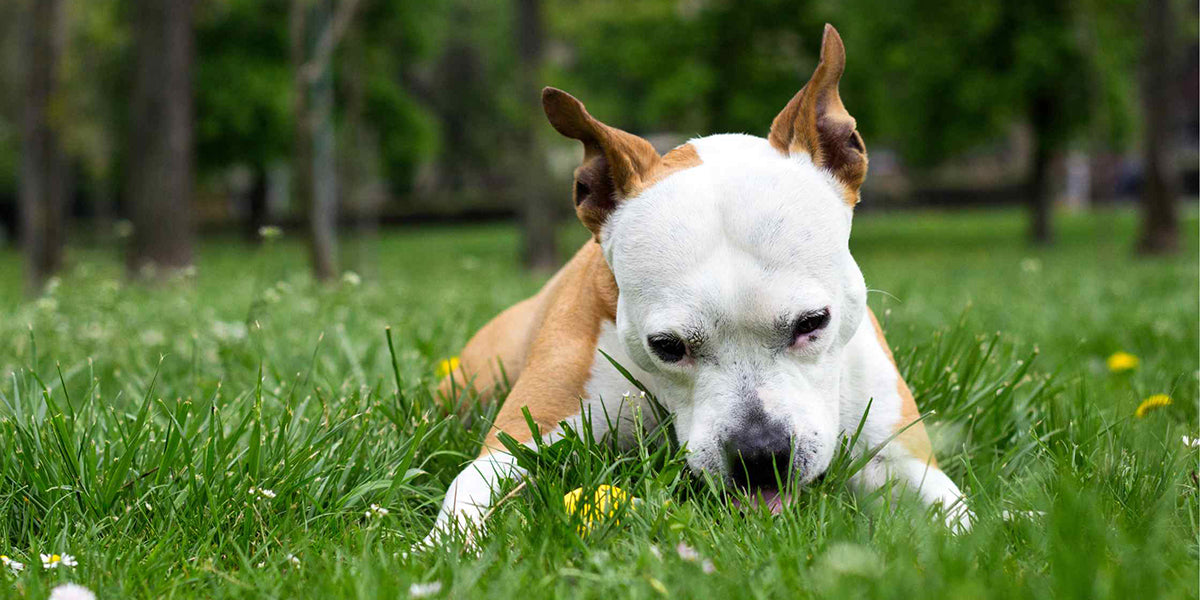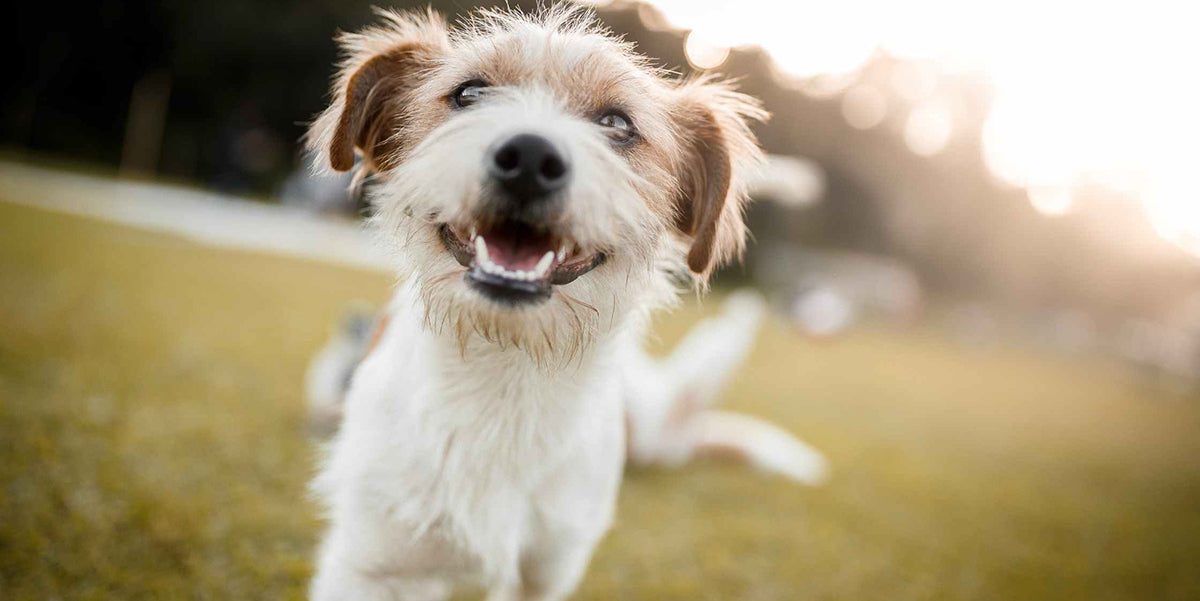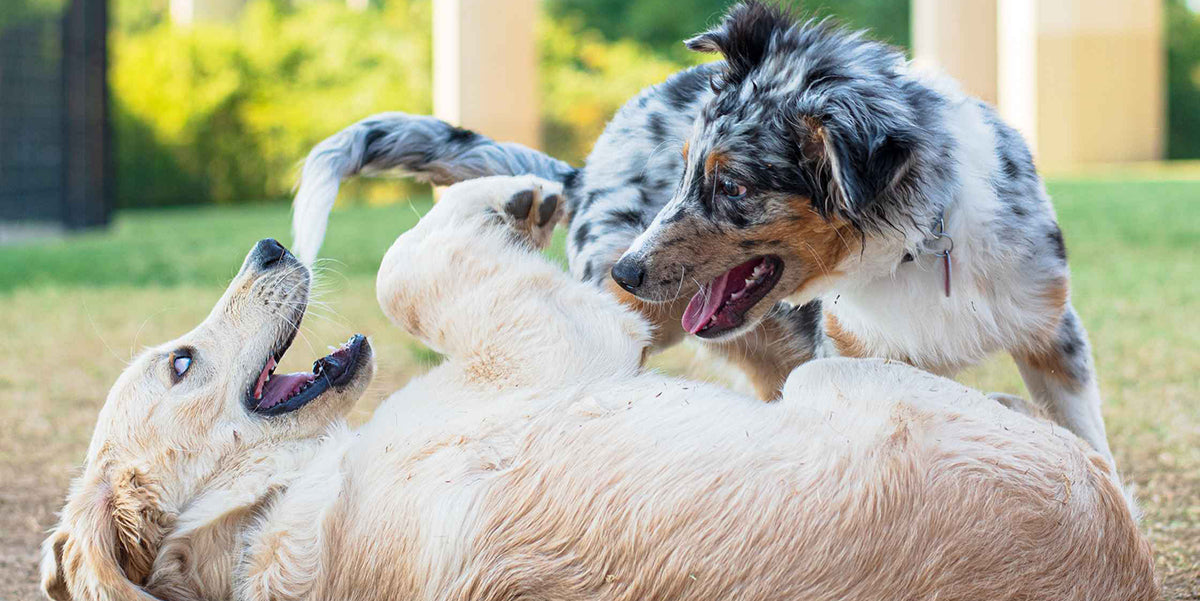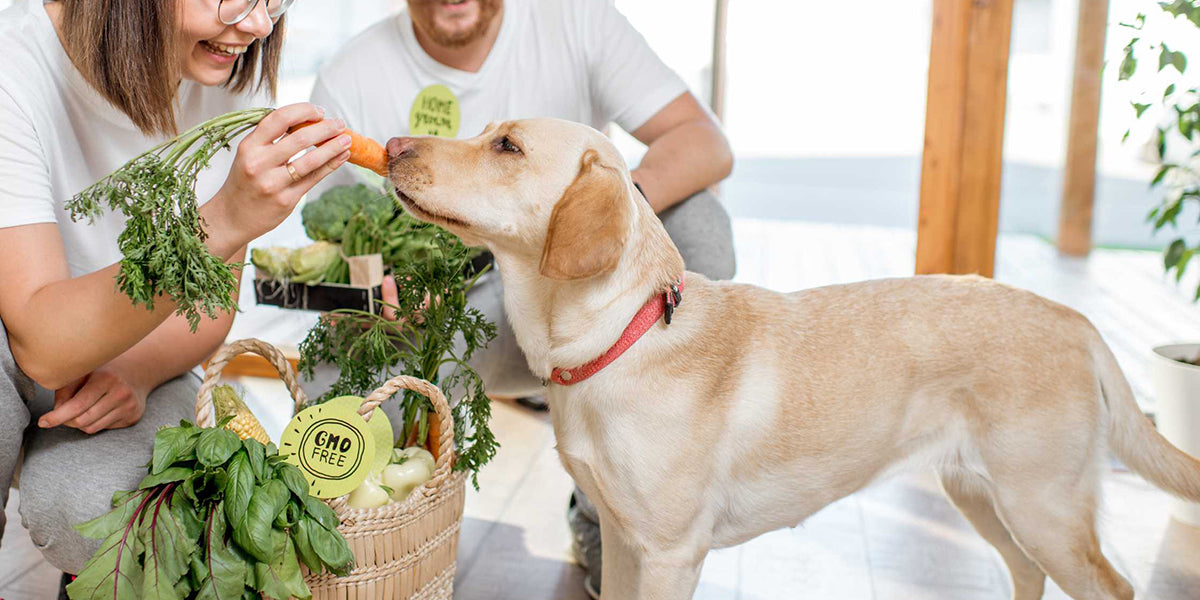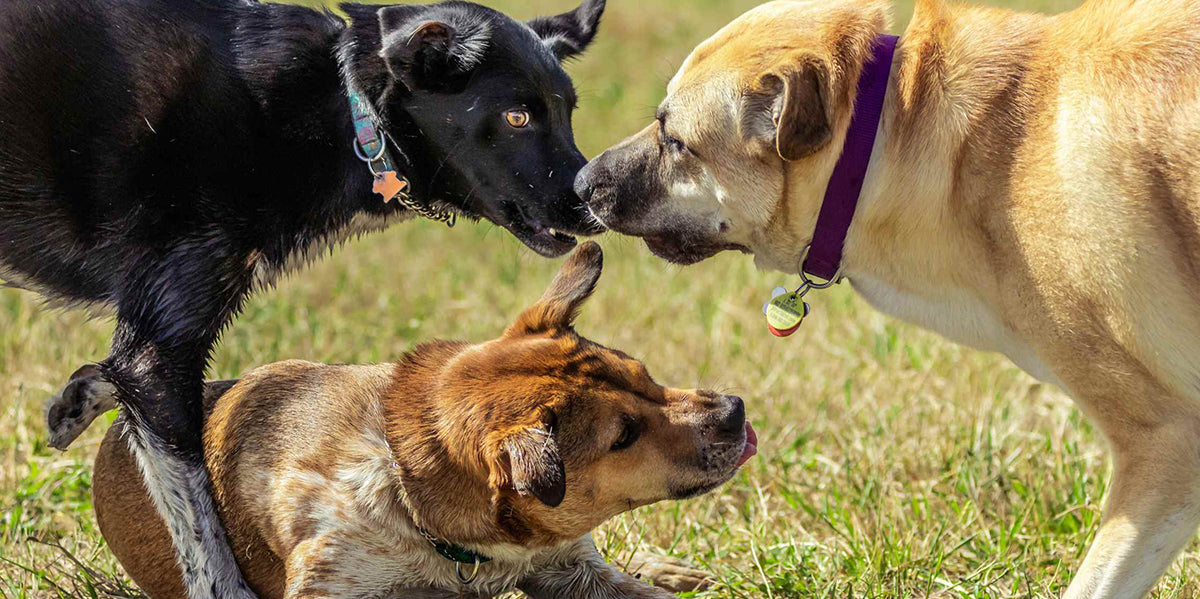Raw feeding for dogs involves providing them with uncooked and unprocessed ingredients, such as raw meat, organs, bones, and vegetables, aiming to mimic their ancestors' diets in the wild.
While raw feeding enthusiasts advocate its potential benefits, there are also common myths and misconceptions that surround this feeding regimen. In this blog, with the help of a vet nurse and nutrition specialist, we will debunk five common myths to provide a well-rounded understanding of raw feeding for dogs.
We had the pleasure of meeting with Kate, a skilled Vet Nurse and pet nutrition specialist and the owner of The Saltiest Dog, to shed light on and debunk five common myths surrounding raw feeding for dogs.
At The Saltiest Dog, Kate takes pride in offering premium, high-quality pet meals tailored to your dog's needs. With her expertise in the field, Kate is passionate about providing valuable insights into the world of raw feeding for dogs.
Watch below as Kate debunks the 5 myths around raw feeding for dogs.
MYTH 1 – Your Dog Must Have a Balanced Diet at Every Meal
In our quest to debunk the myth that every meal MUST be perfectly balanced, let's take a moment to reflect.
Just like with our own meals, it's essential to consider whether every single dish we consume contains every vitamin and mineral our bodies need. The reality is that it may not be the case for each meal, but what we prioritise is achieving balance over the course of days and weeks.
Therefore, when it comes to feeding our beloved pets, we adopt a similar approach. Ensuring their nutritional needs are met through balanced meals over time is key, mirroring the way we manage our own diets.
MYTH 2 – Raw Meaty Bones Are Dangerous
Let's now address the misconception surrounding Raw Meaty Bones (RMBs) and their safety for our dogs. Contrary to the myth, RMBs offer numerous benefits for our dogs, such as dental health, mental stimulation, nutritional value, and entertainment.
It is important to be mindful of potential issues, particularly with small bones that may get lodged in their throat. To mitigate any risks, it's essential to ensure that your dog chews the bones thoroughly. If you have a dog that tends to swallow RMBs whole without chewing, opting for crushed RMBs is a more suitable alternative.
One critical point to remember: cooked bones are NOT safe for your dog and should always be avoided.
MYTH 3 – Raw Feeding Dogs Makes Them Aggressive
Does raw feeding make dogs more aggressive? Some mistakenly believe that raw food may trigger a taste for blood, leading to increased aggression towards other dogs and people.
It’s essential to understand that a dog's aggression is primarily influenced by their genetics and environment, rather than their diet. Raw feeding does not inherently promote aggressive behaviour in dogs.
Like any feeding regimen, raw diets should be balanced and tailored to suit the individual dog's needs and temperament. And factors such as genetics, training, socialisation, and overall environment play significant roles in shaping a dog's behaviour.
Dogs are natural carnivores and raw feeding advocates believe in providing them with a diet that mimics their ancestors' eating habits in the wild. Some people may misinterpret this as encouraging aggressive behaviour, associating it with the predatory instincts of wild animals. Not true.
MYTH 4 – Raw Feeding Your Dog Will Result in Them Contracting Salmonella

One common myth about raw feeding is the fear of dogs contracting salmonella from their diet.
However, it's essential to understand that dogs have a gastrointestinal (GI) tract that is relatively shorter than that of humans. This characteristic allows food to pass through their digestive system at a faster rate compared to humans. Consequently, the limited time food spends in the GI tract minimises the window for bacteria like salmonella to multiply and cause harm.
Additionally, the acidity levels in a dog's stomach are generally higher than in humans, providing more resistance to certain pathogens.
It's important to note, that although dogs are unlikely to get salmonella, it's crucial to handle raw food carefully, and maintain proper hygiene and storage practices.
MYTH 5 – Mixing Raw Food with Kibble is Bad for Dog's Digestion
The myth that mixing raw food with kibble can lead to digestive issues for dogs has been circulating among pet owners.
Contrary to the myth, combining raw food with kibble in a dog's bowl does not necessarily cause digestive problems. In fact, adding raw food to a dog's diet can offer numerous nutritional benefits. Raw food provides essential nutrients and enzymes that may be lacking in traditional kibble diets, enhancing the overall nutritional profile of the meal.
NOTE: When introducing new foods to your dog, it's essential to do so gradually to prevent potential digestive issues. Rapid changes in your dog's diet can lead to problems such as diarrhoea, gas, and bloating. To avoid these concerns, take the time to transition your dog slowly to the new food, allowing their digestive system to adjust and ensuring a smoother and more comfortable dietary change. Read more on How to Transition Your Dog to Raw Food
When introducing new foods to your dog, it's essential to do so gradually to prevent potential digestive issues. Rapid changes in your dog's diet can lead to problems such as diarrhoea, gas, and bloating
Watch below to discover how to choosing the right supplements to match your dog's nutritional needs when feeding Raw meals.
In Summary
There is an abundance of myths and misconceptions about raw feeding for dogs. It's crucial to recognise that raw feeding can be a viable and very beneficial option for many dogs.
To ensure the best possible outcome, seeking guidance from a qualified pet nutrition or naturopath is essential. They will help create a safe and well-balanced raw feeding plan, tailored to address the specific needs and health condition of each individual dog.
Disclaimer: The entire contents of this email and website are not to be taken as medical advice. The team at PetWell encourages you to make your own pet healthcare decisions based on your research. And in partnership with a qualified pet healthcare professional.











